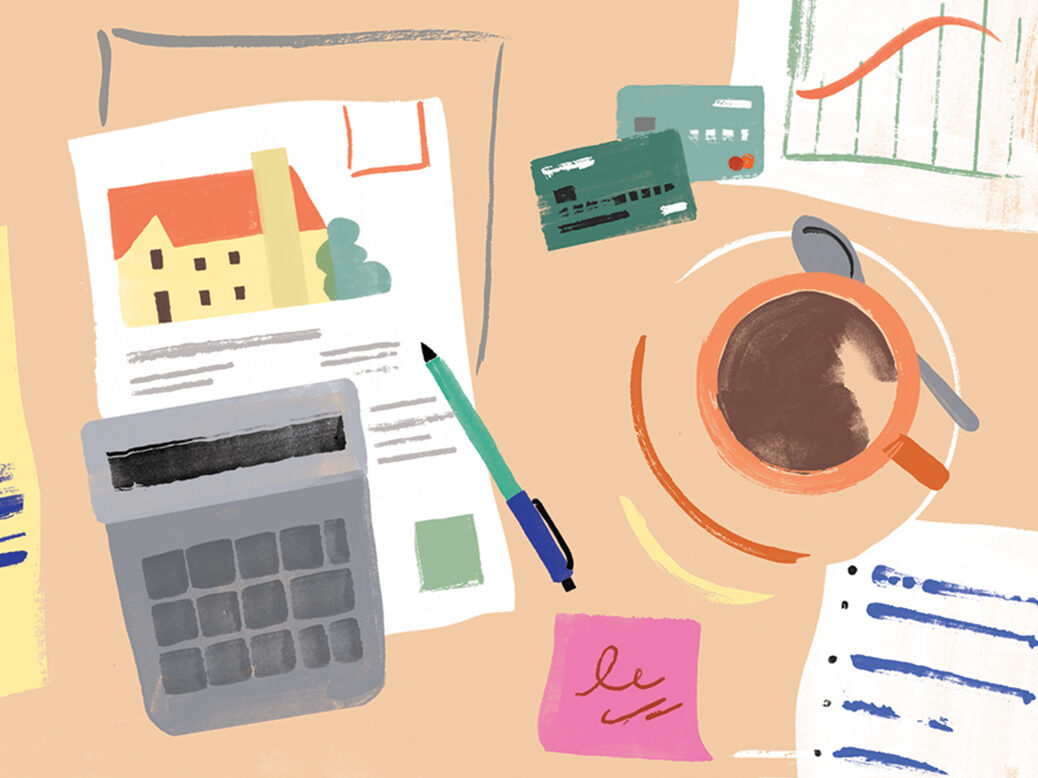Perhaps you know them, the friends who bought a flat in a rough part of town. When you visit (rarely, and in daylight) they cannot resist giving you the sales pitch. It’s actually great to live near an incinerator – it masks the smell of the landfill site – and the local pub is full of such characters! (Don’t look at them directly.) The children enjoy the sirens zooming past, and sometimes the police even put a little tent up in the park, although obviously we don’t talk about what might be inside. Best of all, property is weirdly cheap. You should move here. Please? It’s up and coming.
What they mean is that it would be up and coming if you moved there, because you’d be pushing up the price of their investment, by adding demand to the housing market and supporting the local microbrewery. What they are asking you, in a roundabout way, is whether you’d like to give them quite a lot of money.
The same is true of the people who buy cryptocurrencies. As with Oxford graduates, the key indicator that someone owns digital assets is that they’ll tell you at the first opportunity. At the moment, like Oxford graduates, they are also insufferably smug, because the crypto market’s reaction to the election of Donald Trump has been exuberant. In the week after the election the price of Bitcoin rose from less than $70,000 to more than $90,000. Is there free money to be made from America’s moral and political disaster?
The most important thing to recognise from a personal-finance perspective is that I have absolutely no idea, and neither does anyone else. Crypto evangelists will tell you the future is bright for digital assets because Trump plans to sack the chair of the securities regulator, Gary Gensler, and deregulate the financial sector. The main thing to remember about such people is that they, like the people with a two-bed flat in Crimesbury, have a vested interest in trying to convince you to buy in to the asset class they’ve chosen.
The other thing to understand about the market for such assets is that it rises and falls in anticipation of events much more than it does in response to the events themselves. The aggressive deregulation of such assets will almost certainly happen under Trump – whose campaign was backed by millions of dollars in donations from crypto investors – but the $20,000 increase in the price of Bitcoin looks a lot like those assumptions becoming inevitable. If the market has priced a future event as a near certainty, it’s not going to move as much when that thing happens as everyone expected.
It’s also worth considering the key difference between your friends in Theftford and the crypto faithful. People who live in an area that is already gentrified don’t make much effort to persuade others to move there. They are enjoying the use value of their asset more than the appreciation of its nominal value. What you will never see from the people who promote Bitcoin and other cryptocurrencies is an end to the narrative. There is already a large number of people who claim the Bitcoin price will hit a million dollars. The whole point of this narrative is to stimulate the price by maintaining the flow of new investment. Bitcoin itself is useless as a currency, with transaction fees and energy costs hundreds of thousands of times greater thana credit card. Its only purpose is as a store of value. There is no underlying company performance, no dividends paid. The factor deciding the price is how much money people are prepared to bet on what they think everyone else is going to do.
The market capitalisation of Bitcoin is $1.8trn, about nine times the size of Britain’s most valuable public company (AstraZeneca, at £157bn). It seems logical that at some point the demand for it will stabilise, which will leave investors with no further expectation of gains – and I think we know what they’ll do at that point. In every Ponzi scheme there is money to be made on the way – plenty of Bernie Madoff’s early investors exited his funds with bulging bank accounts – but there is always the danger of being left chairless when the music stops.
[See also: Silicon Valley’s greatest moonshot]
Content from our partners
This article appears in the 20 Nov 2024 issue of the New Statesman, Combat Zone





